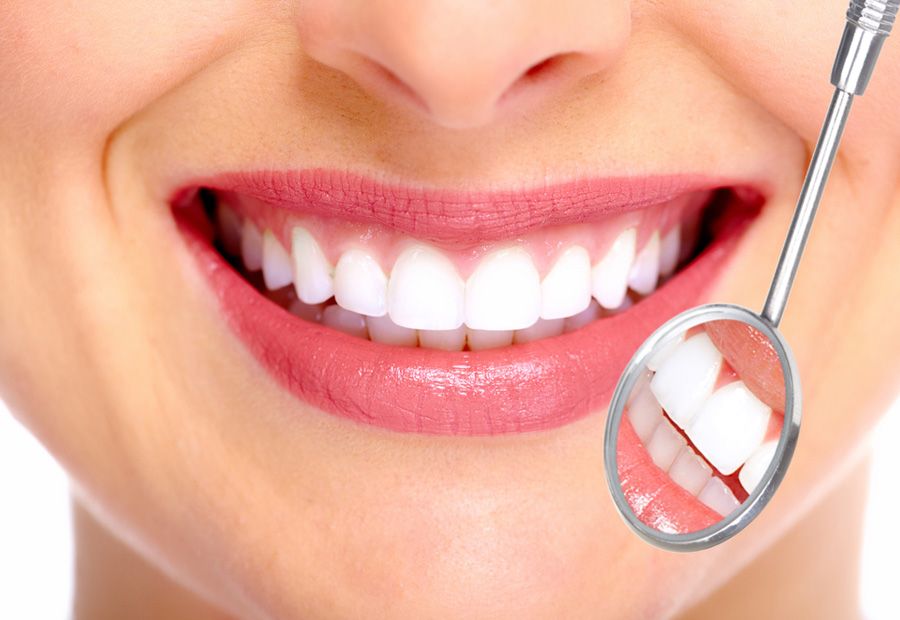Dental sealants are a crucial preventive measure in maintaining optimal oral health, effectively shielding teeth from cavities and decay with a straightforward procedure. These thin, protective coatings are typically applied to the chewing surfaces of molars and premolars, where deep fissures and grooves often trap food particles and bacteria, leading to cavities. By sealing these vulnerable areas, dental sealants create a smooth surface that prevents plaque buildup and enhances oral hygiene. One of the primary benefits of dental sealants is their ability to act as a physical barrier against bacteria and food debris. The application process involves cleaning the tooth surface thoroughly before applying the sealant material, which is usually made of a resin those bonds seamlessly with the tooth enamel. This bonding process effectively seals off the pits and grooves, reducing the chances of decay by as much as 80% in protected areas, according to the American Dental Association ADA. Moreover, dental sealants offer long-lasting protection. Once applied, they can withstand the pressures of chewing and normal wear for several years before requiring reapplication.

This durability makes them a cost-effective option for preventing cavities, especially in children and teenagers who may not have perfected their oral hygiene routines. The procedure for applying dental sealants is quick and painless. It does not typically require anesthesia unless there are cavities present that need to be filled beforehand. The tooth surface is cleaned, dried, and etched to create a rough surface that helps the sealant adhere more effectively. The sealant is then carefully painted onto the tooth and hardened using a special curing light, ensuring a secure bond that lasts. Another advantage of dental sealants is their versatility. While they are most commonly applied to the molars and premolars of children and adolescents, adults who are prone to cavities or have deep grooves in their teeth can also benefit from sealant application. Dentists may recommend sealants as part of a comprehensive preventive care plan to minimize the risk of decay and preserve natural tooth structure.
From a public health perspective, dental sealants contribute significantly to reducing the prevalence of tooth decay, especially in populations with limited access to regular dental care. By preventing cavities before they start, sealants help individuals avoid more extensive and costly dental treatments in the future. It is important to note that while dental sealants provide excellent protection against cavities, they are not a substitute for regular brushing, flossing, and dental check-ups. Maintaining good oral hygiene practices remains essential for overall oral health. In conclusion, dental sealants offer a simple yet highly effective way to protect teeth from cavities, particularly in hard-to-reach areas prone to decay. Their ability to create a smooth, protective barrier on the chewing surfaces of molars and premolars helps maintain oral health and reduce the need for more invasive dental procedures and contact us. By investing in dental sealants, individuals can enjoy the benefits of enhanced cavity prevention and long-term savings on dental care costs.
